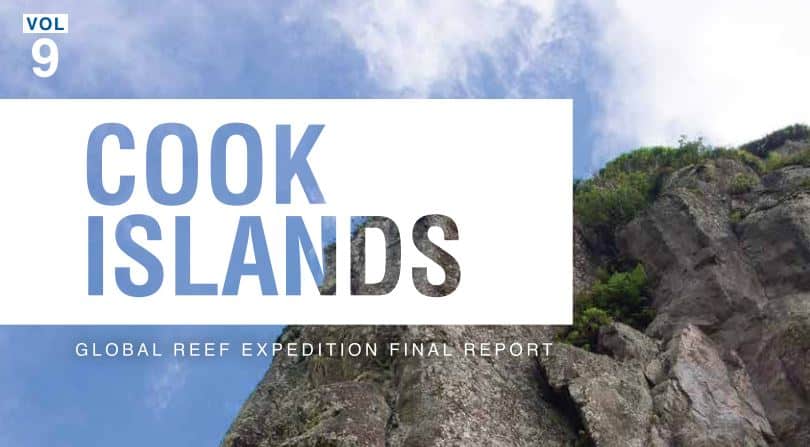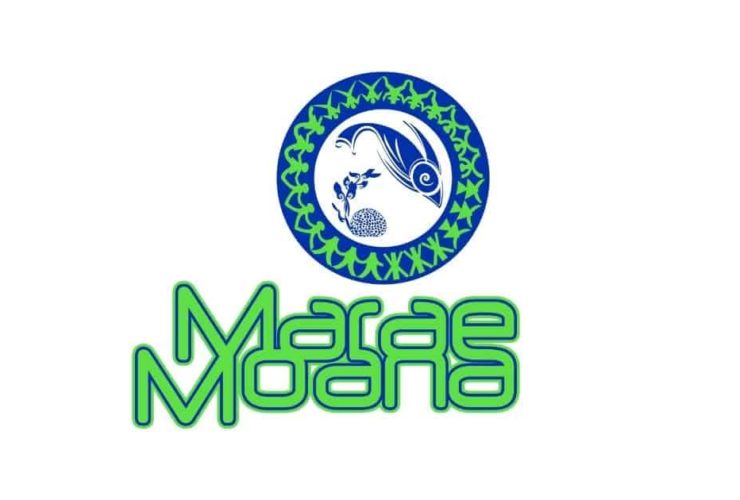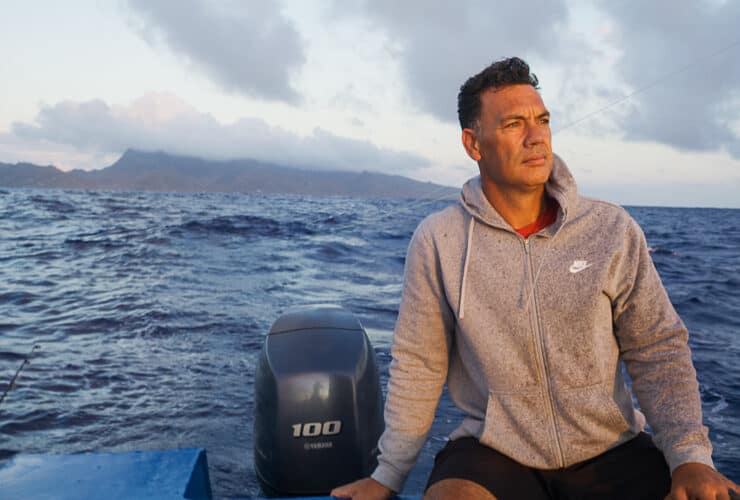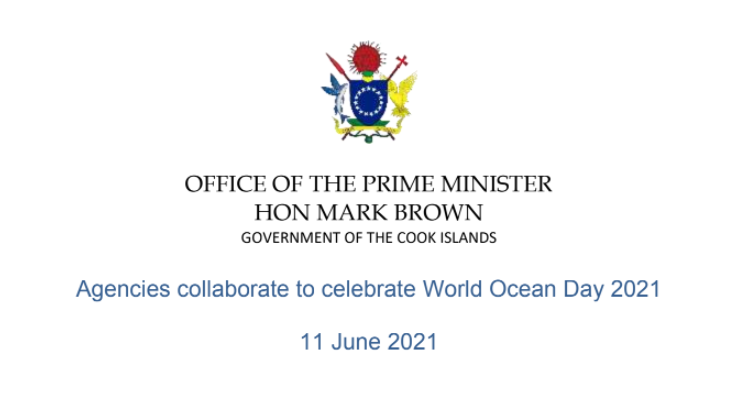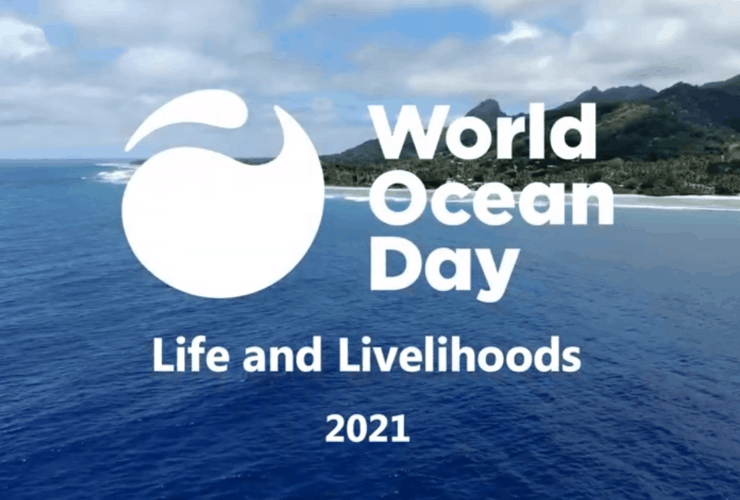Global Reef Expedtion: Cook Islands Final Report
As part of the Global Reef Expedition—the largest coral reef survey and mapping expedition in history—an international team of scientists set out to assess the health and resiliency of coral reefs in the Cook Islands. The report provides a comprehensive summary of the Khaled bin Sultan Living Oceans Foundation’s research findings from our expedition in 2013 when the team surveyed the benthic and fish communities around Rarotonga, Aitutaki, and Palmerston.
This report contains valuable information on the status of coral reefs and coral reef fish in the Cook Islands and helps further our understanding of the resiliency of these fragile marine ecosystems globally. As you are aware, coral reefs face many threats, including pollution, climate change, overfishing, storm damage, and outbreaks of Crown-of-Thorns starfish. In order to see how these threats impacted the reefs, we conducted over 400 coral and reef fish surveys and created over 406 square kilometers of detailed seafloor habitat maps while in the Cook Islands.
The team found that although the reefs in Palmerston were in good condition, the reefs in Rarotonga had more moderate benthic and fish communities, and the reefs around Aitutaki had been decimated by an outbreak of Crown-of-Thorns starfish (COTS). So much so, that they returned to Aitutaki in 2015 to help combat the outbreak and develop best practices for COTS control and removal.
Other than the reefs impacted by the outbreak, coral reefs in the Cook Islands were in moderate to good condition when compared globally. However, it is worth noting that reefs near human population hubs tended to have poorer coral and reef fish communities. As a country, we know the Cook Islands has already gone a long way to protect its waters, and with continued efforts to protect and preserve reefs and nearshore marine habitats, we believe the reefs of the Cook Islands could become some of the best in the South Pacific.
The team understand the reefs have likely changed since they were surveyed on the Global Reef Expedition, but this report provides important baseline data on the status of the reefs at a point in time. In addition to the information contained within the report, detailed coral reef habitat and bathymetric maps are available online.
They also hope the data included in this report will be useful in the continued protection and conservation efforts of the Cook Islands coral reefs, so they can be used and enjoyed by the people of the Cook Islands for generations to come.
The Khaled bin Sultan Living Oceans Foundation is grateful for the opportunity to conduct this research in the Cook Islands, which turned out to offer some of the more vibrant reef systems encountered on the Global Reef Expedition. Copies of the report can be viewed and downloaded from our website.
If you have any questions about the report or its findings, please do not hesitate to ask. They are planning to hold a video conference so people in the Cook Islands can discuss our findings and recommendations with the research scientists. Let us know if you are interested in attending.
Acknowledgements to Renée D. Carlton, M.P.S.


